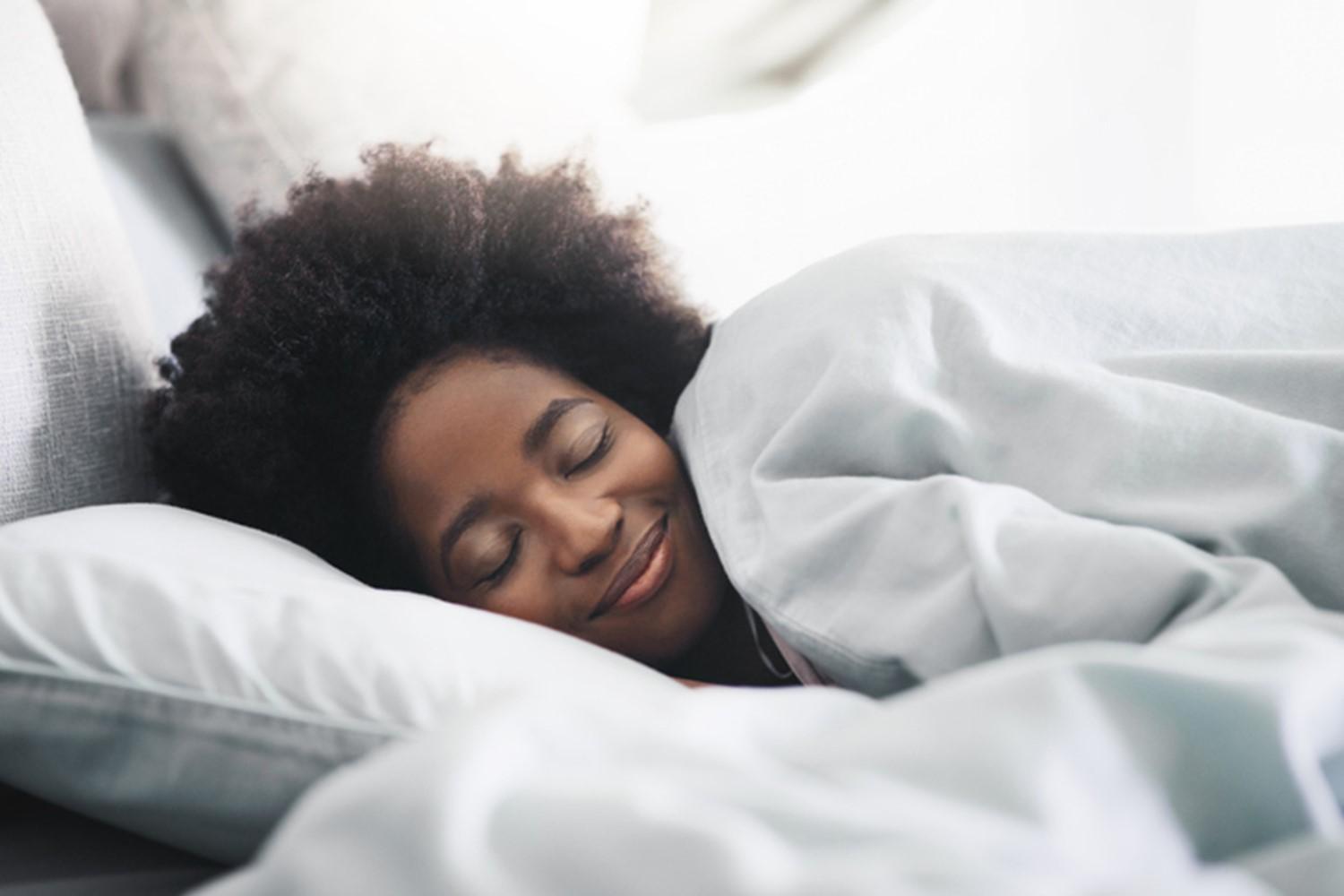
We all know that sleep is important because it’s essential for our bodies to function. However, what’s less commonly considered is that your daily routines – what you eat and drink, the medications you take, how you schedule your days, and how you choose to spend your evenings – can significantly impact your quality of sleep [1].
The term “sleep hygiene” refers to a series of healthy sleep habits that can improve your ability to fall asleep and stay asleep [1]. If you have difficulty with either, try following the below healthy sleep habits [1]:
How can AFSPA help improve your sleep hygiene?
Foreign Service Benefit Plan (FSBP) members have access to multiple wellness programs that can help you get into a routine of exercising regularly and maintaining a healthy lifestyle. Our Digital Coach Programs allow you to work with an online health coach to establish and maintain overall wellness goals. These include stress management, depression management and even sleep improvement. To learn more about this program, and more click here.
Talk to your medical provider if your sleep problem persists. You can also seek help from the sleep team at an AASM accredited sleep center [1].
[1] https://sleepeducation.org/healthy-sleep/healthy-sleep-habits/